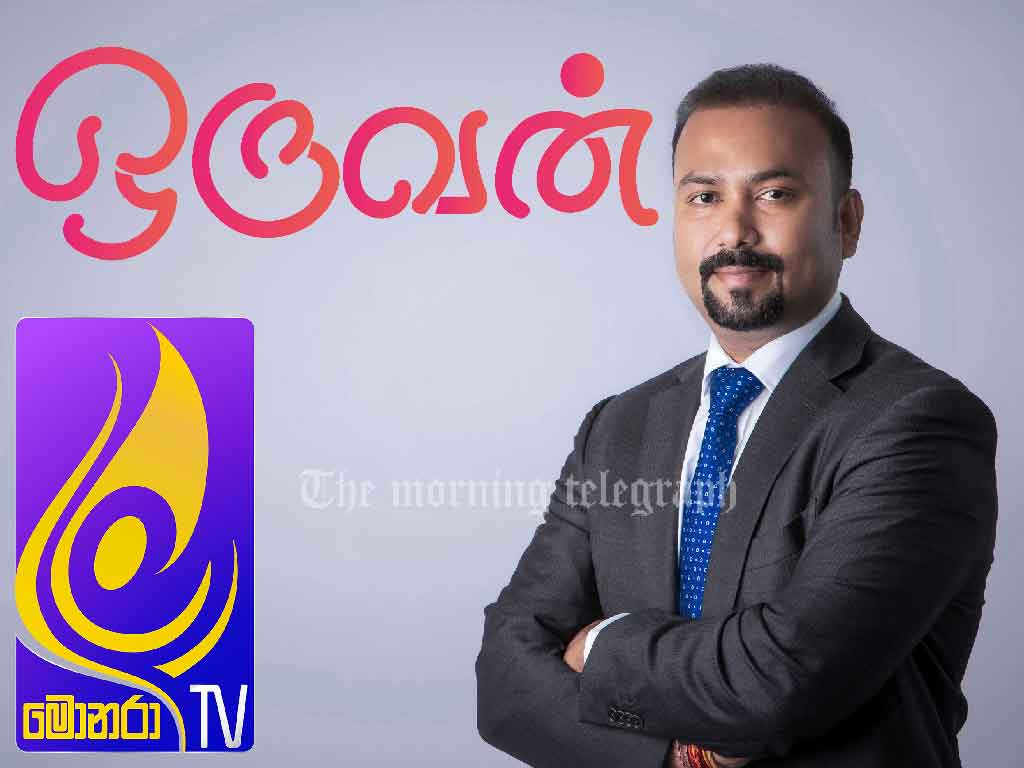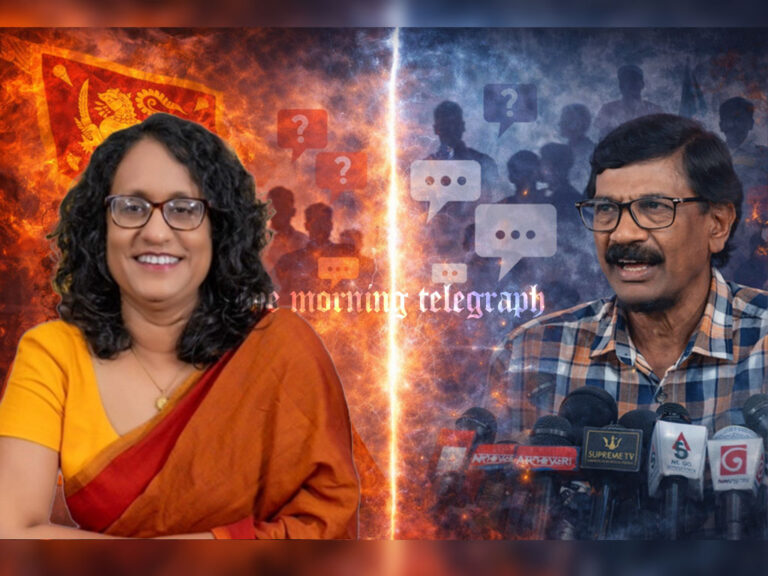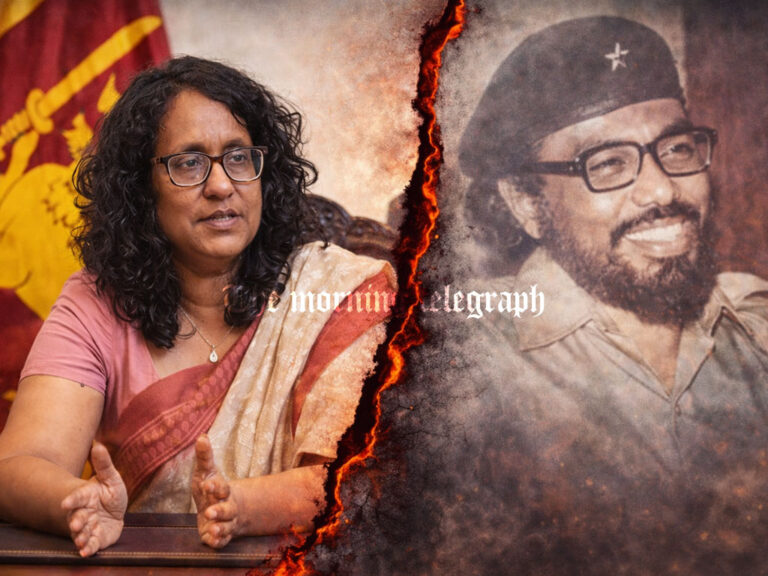
In a significant development, nearly 30 journalists working under South Eye Private Limited, a media company owned by businessman Allirajah Subaskaran’s Lyca Group, have been abruptly terminated. The decision, attributed to the company’s financial losses, has left many employees in shock and uncertainty.
The Human Resources Department of the Lyca Group, which had previously denied rumors about the restructuring of its media institutions, informed employees on January 28 that the company would undergo restructuring. Employees were asked to submit their resignation letters, with the promise of one month’s salary as compensation.
Among those affected are 28 journalists, including 11 from the Tamil national newspaper Oruwan, five from the Oruwan website and its YouTube channel, and 12 from the Monara website and YouTube channels. Additionally, journalists working for the Monara newspaper are also facing uncertainty about their jobs.
Initially, the Human Resources Management Division refused to provide written confirmation of the terminations. However, on the afternoon of January 30, a letter was issued, though employees claim it did not explicitly state that their services were being terminated.
Employees have raised concerns about the management’s handling of the situation, alleging that no genuine efforts were made to turn the company’s financial situation around. They claim that steps were deliberately taken to ensure the institution incurred losses.
Further adding to the turmoil, computers used by employees of the Monara website and YouTube channel were removed from their desks and placed in a separate room, which was then locked. Additionally, journalists have not yet received their salaries for January, which are typically paid by the 30th or 31st of the month.
This sudden collapse of Subaskaran’s media empire has left many journalists unemployed and raised questions about the future of the group’s media outlets, including Oruwan Pattare Vahai and Monara. The situation highlights the challenges faced by media institutions in maintaining financial stability while ensuring job security for their employees.
As the affected journalists seek clarity and compensation, the broader implications of this restructuring on Sri Lanka’s media landscape remain to be seen.




